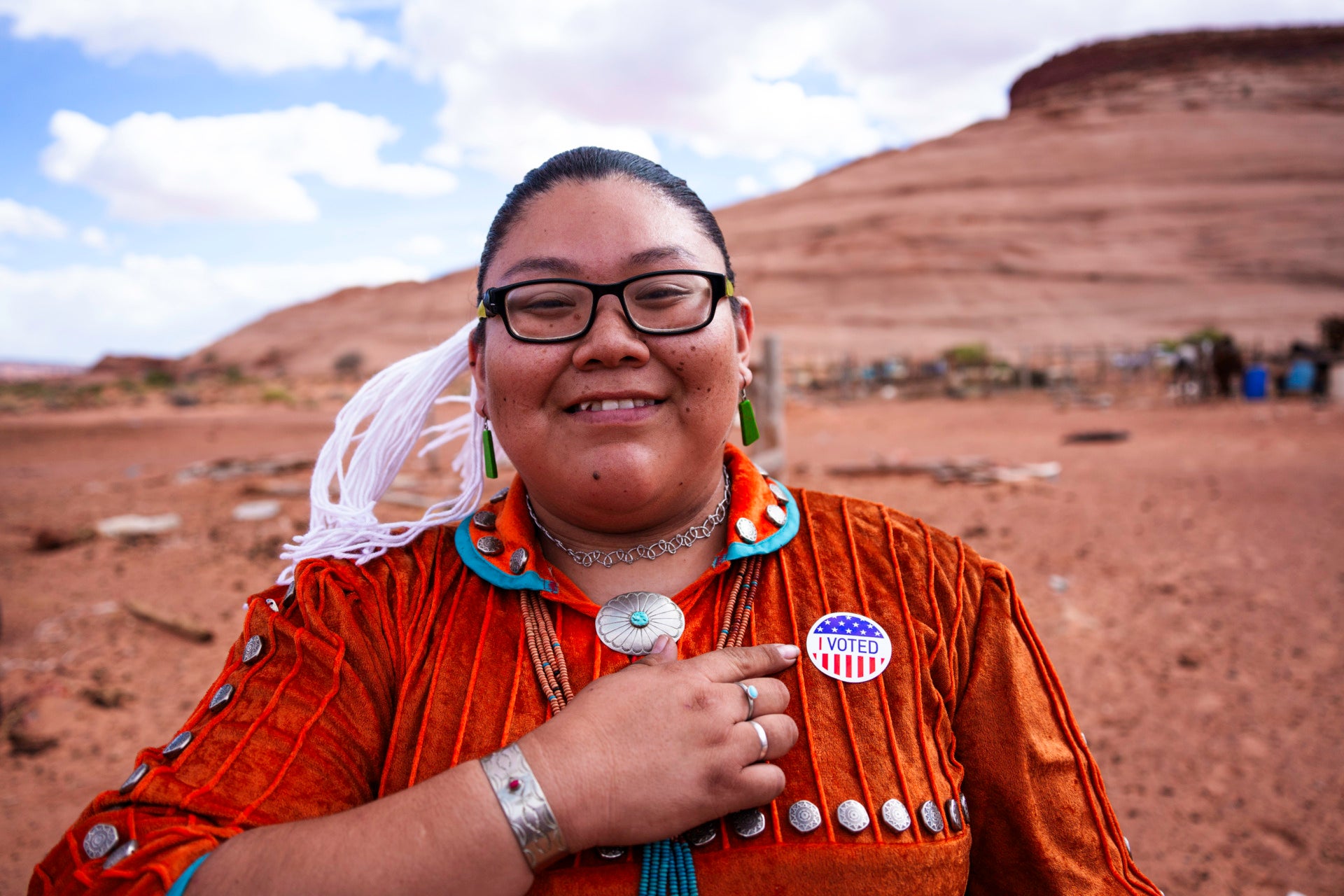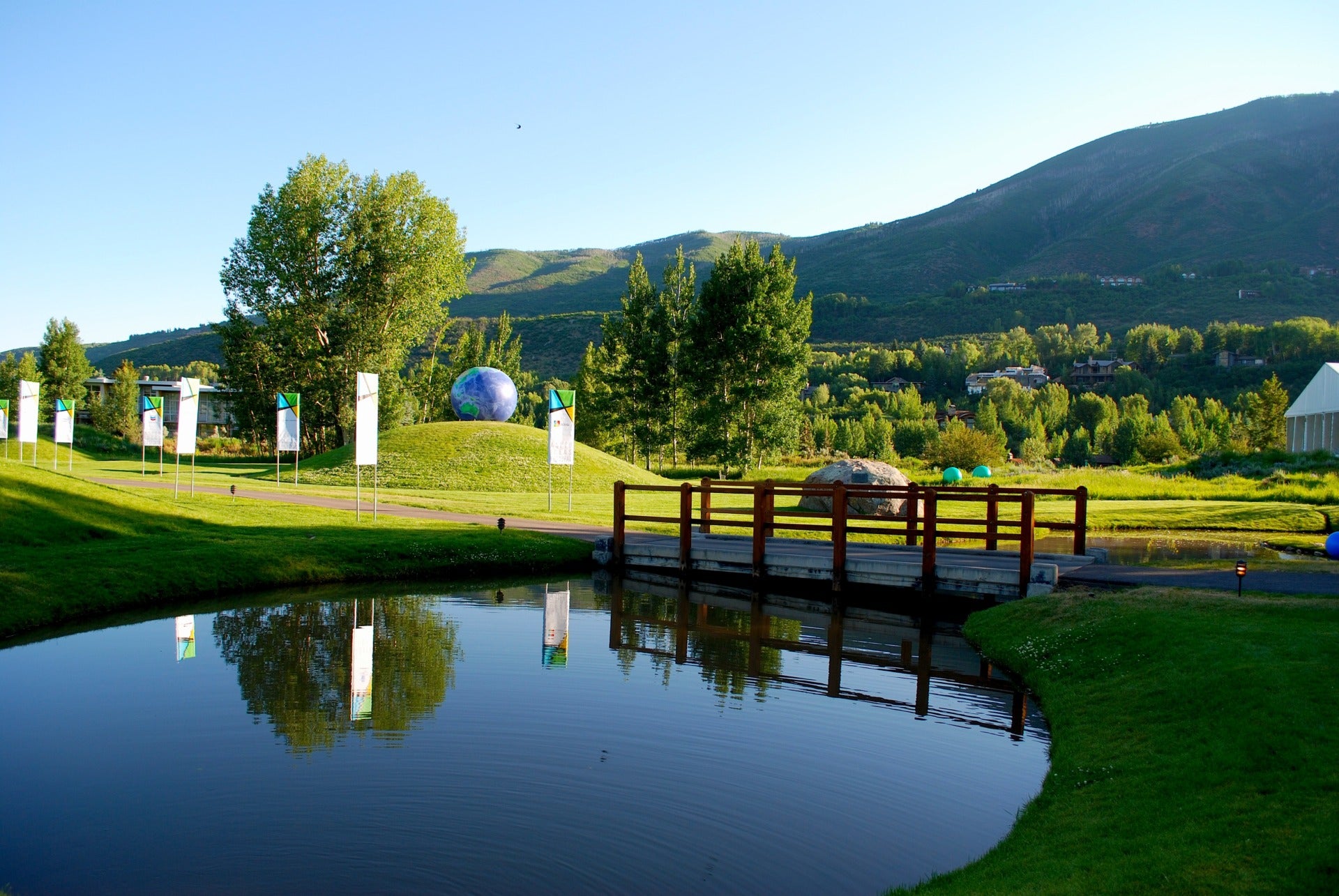In early May, US Surgeon General Vivek H. Murthy released a report that declared an epidemic of loneliness and isolation. It is just the latest evidence that Americans are experiencing an unprecedented mental health crisis.
The statistics are staggering: according to the CDC, between 2011 and 2021, the number of teens and young adults with clinical depression more than doubled.
However, the most worrying data relates to the youngest in our communities. Over the past decade, the suicide rate for 10 to 14-year-olds nearly tripled. A CDC survey found that in 2021, almost 60% of high school girls experienced persistent feelings of sadness or hopelessness during the past year, and nearly 30% seriously considered suicide.
Take a second to reflect on that number: One out of every three high school girls seriously considered suicide. This means that someone we know may be suffering so much that they’ve thought of harming themselves. It could be a daughter, sister, neighbor, or friend.
The Surgeon General’s report states that the most effective medicine to address the crisis of loneliness and isolation is social connection. In a short video that accompanies the report, Surgeon General Dr. Vivek Murthy suggests a few simple steps to help with this problem: answer a phone call from a friend, invite someone over to share a meal, listen and be truly present during conversation, and seek out opportunities to serve others.
In short, the US Surgeon General’s main recommendation is for people to start weaving connection.
In 2019, New York Times columnist David Brooks founded Weave: The Social Fabric Project at the Aspen Institute to address the crisis of broken social trust that has left Americans divided along many lines, isolated and unable to address our common needs. The project aims to turn Americans into a nation of weavers, spreading connection and belonging.
Weaving is when we build trust and relationships with others. It happens when we value others no matter our differences, make them feel welcomed, and act together on shared needs where we live or work.
In every community in the US, there are grassroots leaders who inspire this trust-building cycle. The Weave project supports these weavers in three ways:
First, it connects them through events, training, and an online community. Second, it seeks to tell their stories and lift up their critical role as trusted social leaders, even when they don’t have titles or many resources. Finally, it aims to inspire more of us to live a weaving way of life that values relationships as highly as our own achievements.
If you want to do something about our crisis of loneliness, disconnection, and distrust, you can start by helping spread awareness of the problem. Forward this article to a friend or family member. It can make a difference to them or to someone they know.
You can join the Weave Community, an online home where weavers gather for peer support, learning, and collaboration. You can use the Weaver Network, a search engine to find weaving opportunities near where we live. And you can visit the Weave Learning Center, to learn or strengthen your community-building skills at your own pace or with other weavers.
To find out more about the Weave project and see what it looks like to be a weaver, you can visit weavers.org.You can also subscribe to Weave’s weekly newsletter. We share stories of weavers, resources to fuel weaving, and reflections from many perspectives on what it means to invest in relationships and weave a strong, inclusive social fabric from the ground up.
Our crisis of connection is real, as the Surgeon General’s report demonstrates. Yet our divisions and isolation are not unbridgeable. We can weave connection, and it will take each of us to step beyond our own world of striving and achievement, reach across the chasms we have created between ourselves and others, and show up with an open heart.
There is no vaccine or tech solution to our epidemic. Washington can’t fix it with legislation and investment. It’s up to us to start weaving right around us. We can start on our block and then expand our caring in ever wider arcs, including more neighborhoods and more people. The beauty of weaving is that it doesn’t just heal our broken society, it heals us.
Editor’s note: Learn more about the Aspen Institute’s Weave project and what it means to be a weaver at weavers.org

